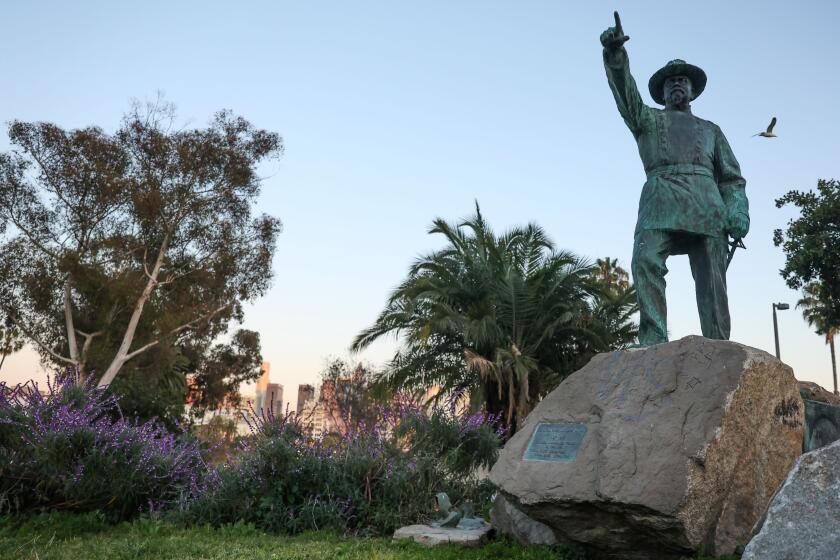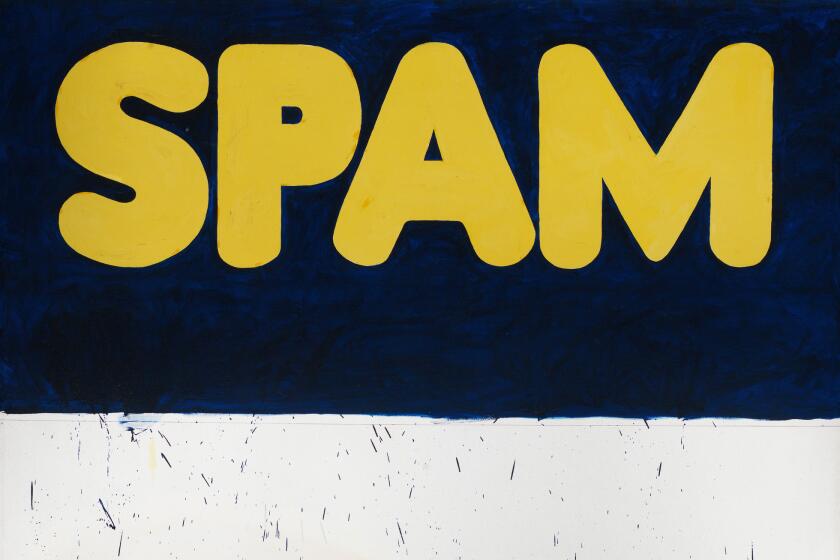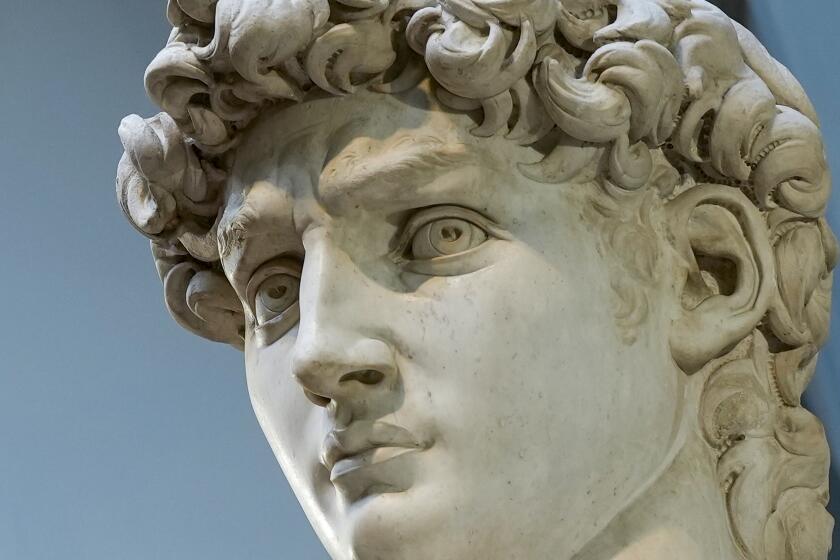Machu Picchu artifacts will be returned
Authorities here are hailing a deal reached with Yale University to return some of the thousands of artifacts carted away by Hiram Bingham III, the swashbuckling historian and explorer who stumbled upon the Inca citadel of Machu Picchu almost a century ago.
But doubts have surfaced about the scope of the accord and about Yale’s right to retain certain parts of the collection for “ongoing research,” as a university statement said.
“It’s good that the pieces are to be sent back, but it’s absurd that this doesn’t cover all of them,” said Luis Lumbreras, former director of Peru’s National Institute of Culture. “If Yale wants to continue studying the pieces, they can come to Peru.”
When the decision became public here, media reports indicated that Peru would get most or all of its artifacts back. But Yale since has reiterated that a substantial part of the collection will remain on the university’s New Haven, Conn., campus.
“This is good news in principle, but there is a serious problem: We now have two versions,” said Mariana Mould de Peace, a historian who has written about Machu Picchu. “The government is not speaking with clarity.”
The decision to return the objects comes as research institutions worldwide grapple with ever more assertive demands for the return of cultural artifacts to their places of origin. Last month, the J. Paul Getty Museum in Los Angeles agreed under pressure to return 40 prized artifacts allegedly looted from Italy.
The Peruvian government had threatened to take Yale to court to regain control of the material. The Ivy League institution was keen to avoid a potentially embarrassing legal brawl with a Third World nation seeking to recover what some call the country’s “plundered” patrimony.
The administration of Peruvian President Alan Garcia has called the accord a breakthrough that settles the long-term dispute about Machu Picchu artifacts at Yale.
Officials at Yale stressed the “spirit of collaboration” embodied in the agreement, in which Yale will acknowledge Peru’s title to all of the excavated objects.
Yale President Richard C. Levin said most of the 370 or so “intact, whole objects” of museum quality would be returned to Peru and form the core of a museum the Peruvian government has agreed to construct in Cuzco, the former Inca capital that is the jumping-off point to visit Machu Picchu.
Under the agreement, Yale and the Peruvian government will sponsor a traveling exhibition of artifacts that are to be installed in the new museum.
“This is a pioneering approach to dealing with the problems of cultural patrimony,” Levin said in a telephone interview from New Haven. “This could be a great model.”
The objects destined to remain at Yale, Levin said, will mostly be used for research into Inca culture, making use of the latest technology, including carbon-dating. Some other pieces are to be retained for display at the Peabody Museum of Natural History at Yale.
An inventory is currently underway to quantify the number of artifacts involved, said Helaine Klasky, a Yale spokeswoman. There is no firm number for how many will go back to Peru, she said.
Yale holds thousands of objects, including fragments of pottery, stone work, metal pieces, and bone excavated from the site.
A scenic fortress along a mist-shrouded Andean ridge, Machu Picchu has become Peru’s top tourist draw and a big income generator. It is closely entwined with the national identity even though it is neither the largest nor the oldest of pre-Colombian ruins.
Bingham first came across the ruins in 1911 and later achieved fame as the explorer who found the “lost city” of the Incas. Experts now say Machu Picchu was never a city at all, but a royal retreat that was probably abandoned in the 16th century, about the time the Spanish arrived in Peru.
Peruvian authorities have alleged that the 74 boxes of artifacts carted off by Bingham were lent to Yale, which was obliged to return them within 18 months. Yale maintains Bingham removed the material legally. The university denies wrongdoing and says the new deal is completely voluntary.
--
Special correspondent León reported from Lima and Times staff writer McDonnell from Buenos Aires.
More to Read
Start your day right
Sign up for Essential California for news, features and recommendations from the L.A. Times and beyond in your inbox six days a week.
You may occasionally receive promotional content from the Los Angeles Times.






